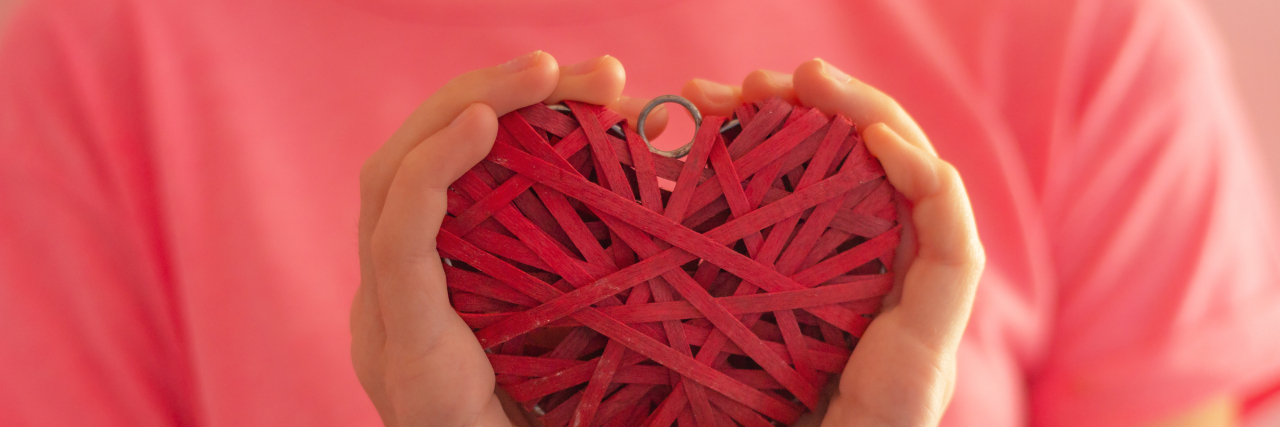February 23 is Pink Shirt Day and February is also Kindness Month. Both get lots of coverage at schools and in the media. The growing awareness of Pink Shirt Day has shone a spotlight on bullying. But has it moved the needle in preventing bullying?
Not for diverse learners and kids with disabilities. While these students are most likely to be bullied, Pink Shirt Day ignores their high bullying risk.
In 2021, a report by UNESDOC on violence and bullying in educational settings looked at the experience of children and young people with disabilities. What they found isn’t pretty.
- 1 in 20 children are living with a disability
- Girls with disabilities attending a rural school in the U.S. are 4x more likely to be bullied and boys with disabilities are 2.5x more likely compared to their non-disabled peers
- 3 in 4 children with emotional disabilities in elementary schools in the U.S. have been verbally abused at least once in a previous month
- Learners with disabilities are also subjected to psychological and physical violence from teachers with 75% of students (in the US) having been physically restrained and 50% involuntarily confined
As a mom of diverse learners, I’ve seen these stats in real life. We had to pull one child from the public school system after years of ongoing bullying. School was no longer a safe place, and it was impacting their mental health.
This included being bullied by kids wearing pink shirts on Pink Shirt Day.
So, if schools know kids with disabilities are at greater risk of bullying, what isn’t more being done to prevent this? The same reason why there is no mention of February being Inclusive Education Month – because the needs of diverse learners and kids with disabilities are often overlooked and undervalued.
Growing up, I saw my autistic brother get kicked, called a freak, and bullied on a daily basis. He had no friends, dreaded going to school, and had no safe space that was free from bullying – from the school bus to the classroom to the schoolyard. Meetings with school administration only stopped the bullying in the short, not the long term. Being at a different school from him, I was powerless to help him, but felt the emotional impact of my brother being relentlessly tormented.
Fast forward a few decades to when my kids entered elementary school. I hoped things had changed. They haven’t. The physical, emotional, and psychological bullying, by students and staff, is relentless. They are either the target of the bullying or are witnessing another student being bullied.
New Conversations
I feel a big piece that is missing in preventing bullying is the conversation about inclusive education and the gifts diverse learners bring to the classroom. Much of the conversation about disabilities is deficit-based and reiterates false biases – kids with ADHD can’t focus, autistic kids have meltdowns, kids with diverse needs are disruptive to the classroom, and more.
When a child with disabilities or a diverse learner is bullied, too often the first question is, what did they do to provoke the attack? The boy with Tourette syndrome must have irritated his classmate with his ticks, or the girl with ADHD had her chair pulled out from her because she was wiggling too much.
The blame is often placed on the child being bullied instead of the aggressor.
It’s time to shift the conversation to how to support these amazing kids. This starts with talking about the strengths of diverse learners and kids with disabilities. It includes acknowledging and celebrating what they can teach others – empathy, curiosity, patience, a new way of looking at things.
We need to break down assumptions and misconceptions that have been passed from generation to generation. These are the assumptions teachers bring to the classroom, parents and caregivers hold and pass on to their kids, which perpetuates for another generation.
Wouldn’t it be great to celebrate Inclusive Education Month like we do Pink Shirt Day? Talk about the amazing accomplishments of diverse learners like Steve Jobs, Elon Musk, Jane Austen, Thomas Edison, Steven Spielberg, Bob Dylan, and more.
These are the people who gave us musical masterpieces (Beethoven and Mozart), made us laugh (Jerry Seinfeld and Darryl Hannah), reinvented the world around them (Albert Einstein and Tim Burton), and brought beauty to life (Michelangelo and Vincent van Gogh).
Our schools need to build up and support diverse learners and kids with disabilities and find meaningful ways to end bullying. Pink shirts are not enough.
Getty image by Maryna Petrenko-Shvets.

